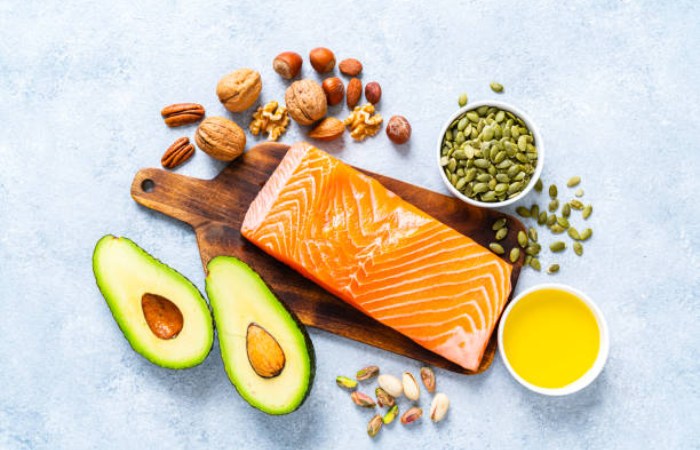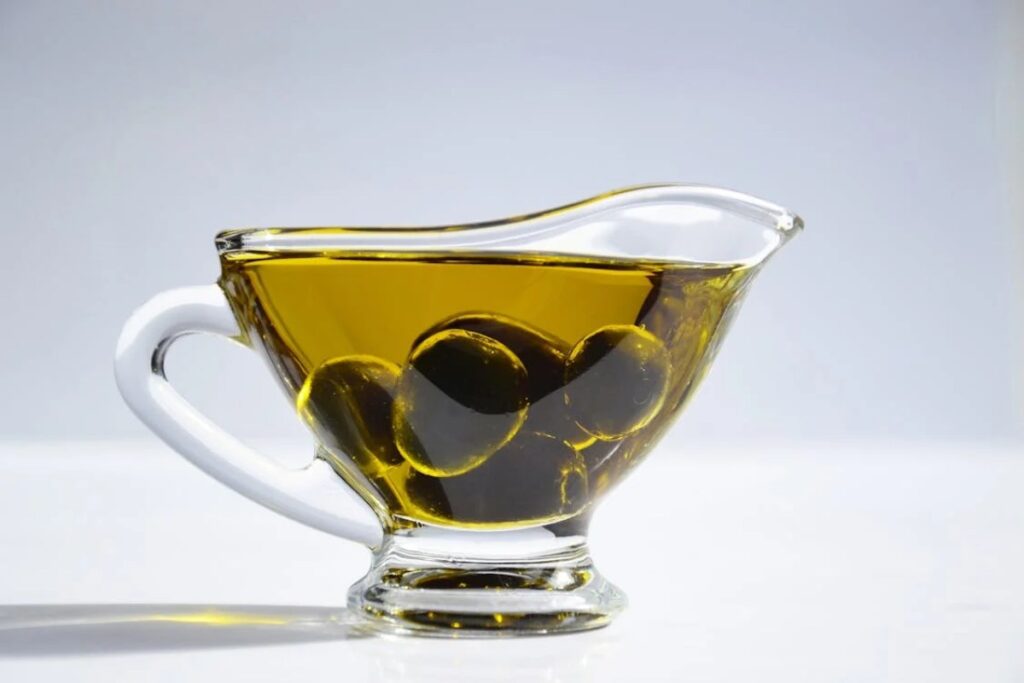Whether you’re garnishing a soup or a salad, olive oil is one of those ingredients that makes everything taste good. It’s also perfect for frying, as long as you use high-quality oil for cooking.
However, olive oil is more than just a marinade, dressing, or cooking ingredient; it’s also rich in vital nutrients and compounds. When consumed in moderation (a serving is about one tablespoon of oil), oil is a key ingredient in highly rated healthy eating plans like the Mediterranean diet.
It is generally considered one of the best foods for longevity. What exactly does olive oil offer that makes it a complete superfood? Nutritionists describe olive oil’s most notable health benefits, from its anti-inflammatory properties to the heart-healthy fats it contains.
Health Benefits of Olive Oil

Olive oil has a wide range of health benefits. Here are some ways olive oil can help keep you healthy.
Olive Oil Is Rich in Antioxidants
Adding olive oil to your meals is a delicious way to get your antioxidant fix. oil contains powerful antioxidants like flavonoids, oleuropein, and hydroxytyrosol, known collectively as phenolic compounds, says Maddie Pasquariello, MS, RDN. “Antioxidants are a powerful part of the body’s defence system, helping to neutralize free radicals and protect cells from damage,” explains Pasquariello. Free radicals are molecules that, when present in large amounts, can cause oxidative stress, a significant factor in developing chronic diseases like cancer and type 2 diabetes.2 Eating a diet rich in antioxidants is a smart way to protect your body from the effects of oxidative stress.
Olive Oil Helps Reduce Inflammation
Because olive oil’s phenolic compounds fight oxidative stress, they also reduce inflammation, says Pasquariello, since oxidative stress can cause significant inflammation (and vice versa). “oil, especially extra virgin olive oil, also contains unsaturated fatty acids that reduce [inflammation],” he says.
The central fat in oil is oleic acid, which inhibits cytokines (proteins that cause inflammation) and suppresses stress pathways that activate pro-inflammatory compounds.3 These anti-inflammatory effects are “notable for overall health” since “inflammation is associated with many chronic diseases, including diabetes, heart disease, and obesity,” says Kristen Carley, MS, RD.
Olive oil contains healthy fats that lower blood cholesterol.
In particular, olive oil can help control blood cholesterol when used in place of saturated fats. (Reminder: Saturated fats, like lard, butter, and palm oil, are solid at room temperature.)
“Adding more oil to your diet won’t necessarily lower your cholesterol, but if you’re already eating foods high in saturated fatty acids, replacing the unsaturated fatty acids found in foods like oil [is] a good start.” (It’s also worth noting that controlling cholesterol through diet goes beyond switching to oil, as foods like vegetables and lean proteins have the same effect.)
Still, the cholesterol-lowering benefits of oil are impressive. According to Pasquariello, the unsaturated fats in oil can lower LDL (“bad”) cholesterol while raising HDL (“good”) cholesterol. HDL “seeks out any ‘free’ cholesterol in the body to flush it out, thereby lowering overall cholesterol in the blood,” he explains. That’s important because high cholesterol is a significant risk factor for heart disease, but replacing saturated fat (found in animal products) with oil (and eating other heart-healthy foods) can help reduce your risk.
Olive Oil Boosts Immune Function
With its high levels of phenolic compounds, olive is an excellent food for maintaining a strong, healthy immune system. Phenolic compounds promote the production of white blood cells, immune cells that help control inflammation in the body, notes Carly.
These cells also kill and fight off disease-causing germs, keeping you even healthier. oil is also a great source of vitamin E, an essential nutrient and antioxidant that supports and improves immune function.


